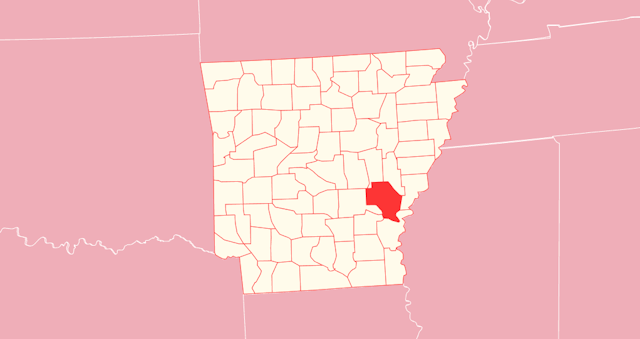Rehabs in Arkansas
Arkansas is a landlocked state situated in the South-Central region of the country. It is famous for its lakes, rivers, and diamonds. There are 75 counties and roughly 3,013,756 people live there.
Arkansas, so named after the Arkansas River, is a well-known region. However, a huge population might also contribute to drug usage issues. Rehabs in Arkansas County, Arkansas, are available to assist you in beginning to live a normal life, just like in all other states in the U.S.
When you are looking for a rehab center, it’s crucial to find one which provides high-quality services and appropriate programs. It may seem confusing. That’s why you should continue reading this article. It'll help you learn what programs are available.
Statistics of Substance Abuse
In the most recent survey, 7.61% of people in Arkansas said they had used illegal substances in the previous month. The national average is 8.82%. In addition, 3.93% of Arkansans admitted to taking an illegal substance other than marijuana in the previous month (the national average was 3.33%).
Evaluation Methods
Before starting a rehab program, the patient needs to pass the evaluation. Assessment of mental health is a critical step for addiction treatment. Specialists won't be able to develop a treatment plan without it.
Evaluation will help to address your medical issues. Usually, therapists speak with a patient or do specific therapies. In some cases, a person needs to pass an analysis.
Choosing Rehab Programs in Arkansas County
Rehab is a medically supervised program where professionals assist you in quitting harmful behaviors like drinking or taking drugs. The three types of programs are detox, inpatient and outpatient treatment. The type of treatment often depends on your condition.
Making a therapy-type decision can be difficult. These easy steps will help you to figure out how to choose the best rehab for you:
- Decide what your goals and needs are
Deciding to live a sober life is the first step in selecting what your treatment goals should be. Identifying any additional problems, such as a dual diagnosis or any medical issues that should be treated concurrently is the next step.
- Consult with a treatment provider
As you may be unaware of recovery centers, you need to look for a treatment provider on the Internet. You can call them or send an email and ask your questions.
- Inpatient or outpatient
The next step will be understanding what type of program you may need. Outpatient rehab is when the patient lives at home but attends treatment during the day. Inpatient rehab is a clinic where the patient stays 24/7 for treatment purposes.
- Location
Facilities that are close to your house are undoubtedly more practical. They may be the only option for people who have obligations close to home and for those who cannot leave for an extended period.
- Cost
The reality is that the price of rehab varies greatly based on the facility, how long the patient stays there, and the programs they take part in.
Aftercare and Post-Therapy Recovery
People who successfully leave rehab not only stop bad habits but also change their lifestyle and way of thinking. A lot of people start living a healthy life, trying to find a new job, building a relationship, and more.
Most relapses, according to research, happen within the first six months following therapy. Understanding your triggers can help you better protect yourself from the challenges ahead.
A competent therapist understands that addiction is more than just chemical dependency. It frequently revolves around a way of life that could include stress and other factors that cause drug usage. For example, cognitive behavioral therapy helps to recover by treating addiction holistically. This guarantees that you are moving forward and remaining on track.
It is important to build a new social life. People usually start volunteering because they think that they will meet people with different backgrounds. Moreover, they try to stay active by going to various sport clubs.

